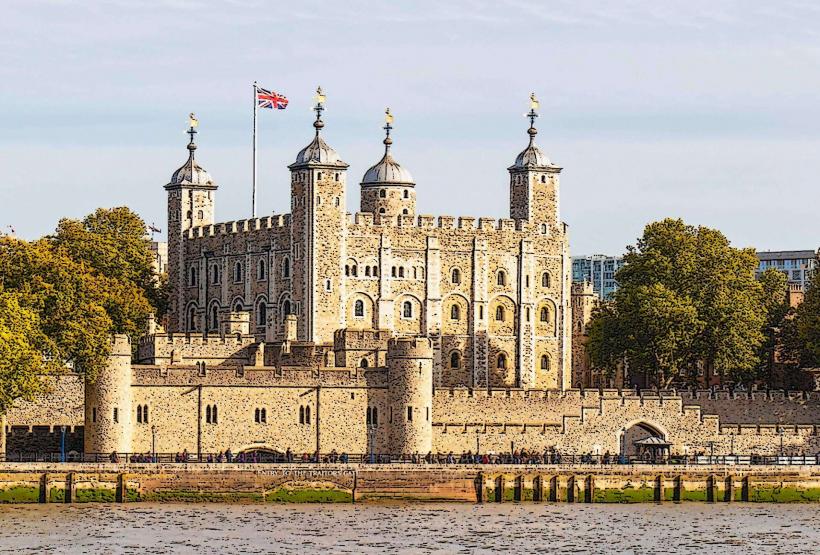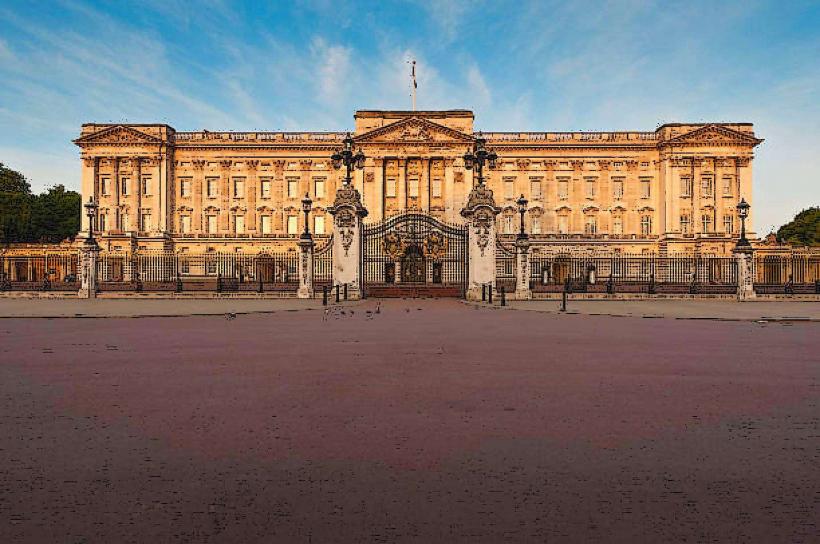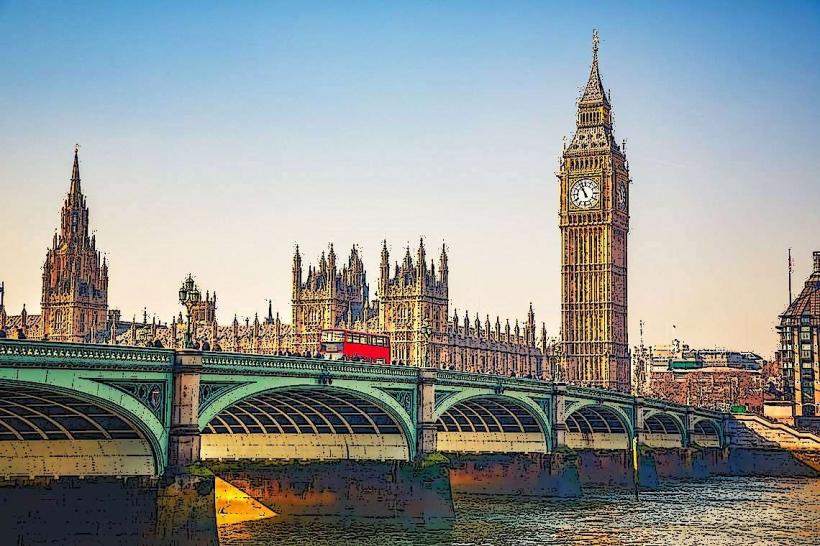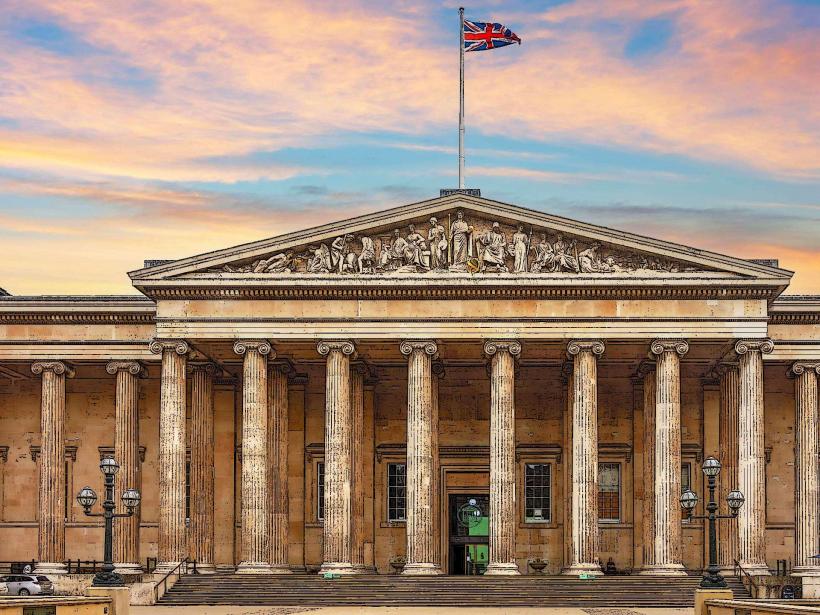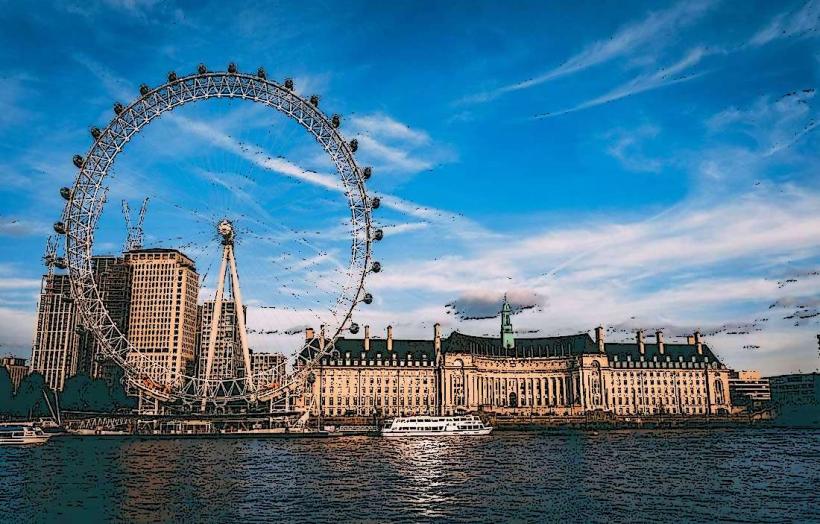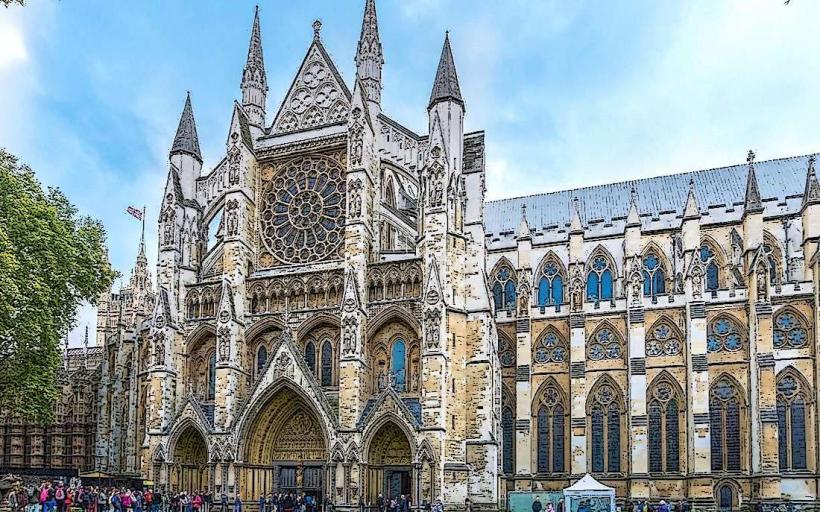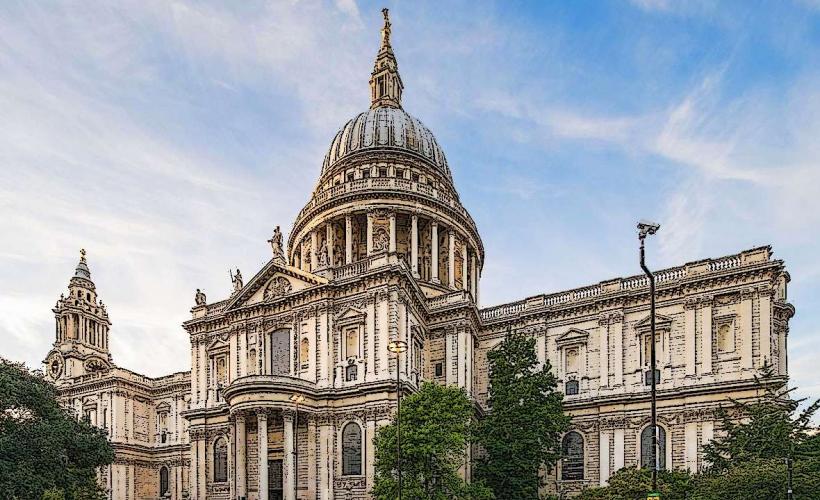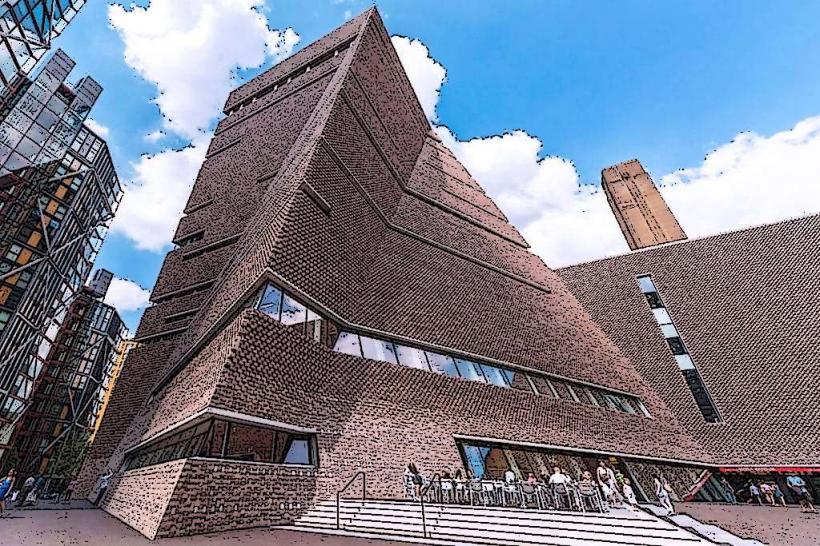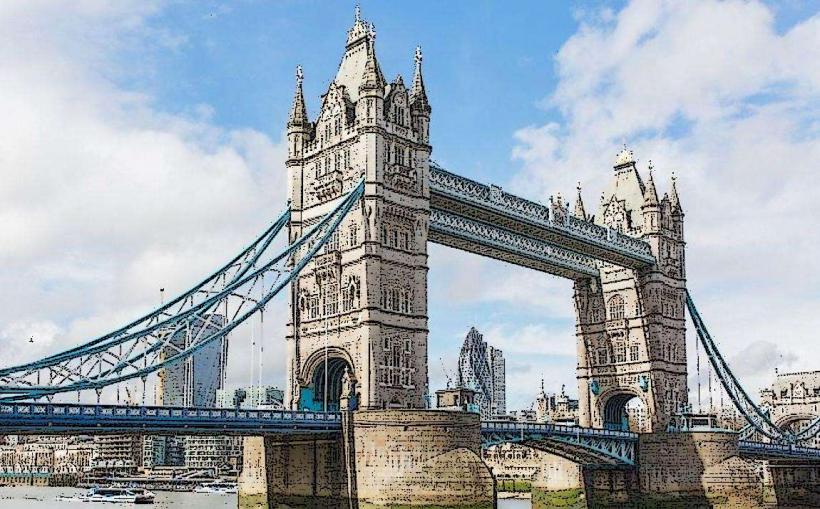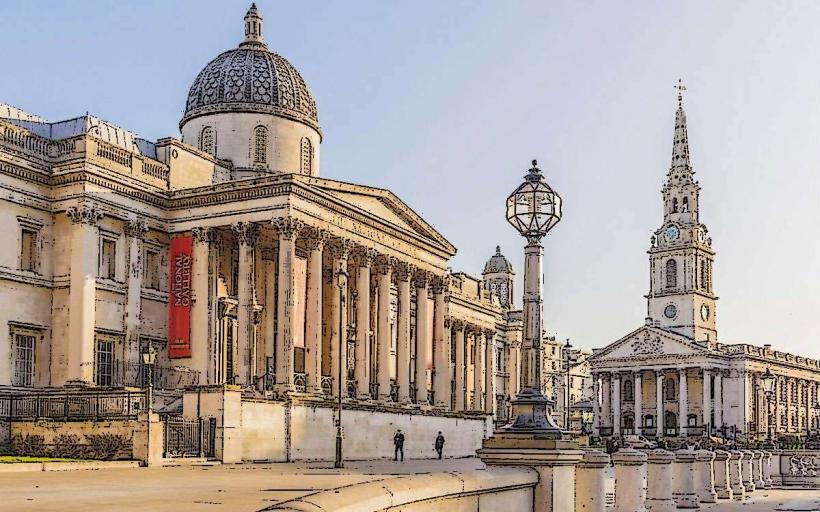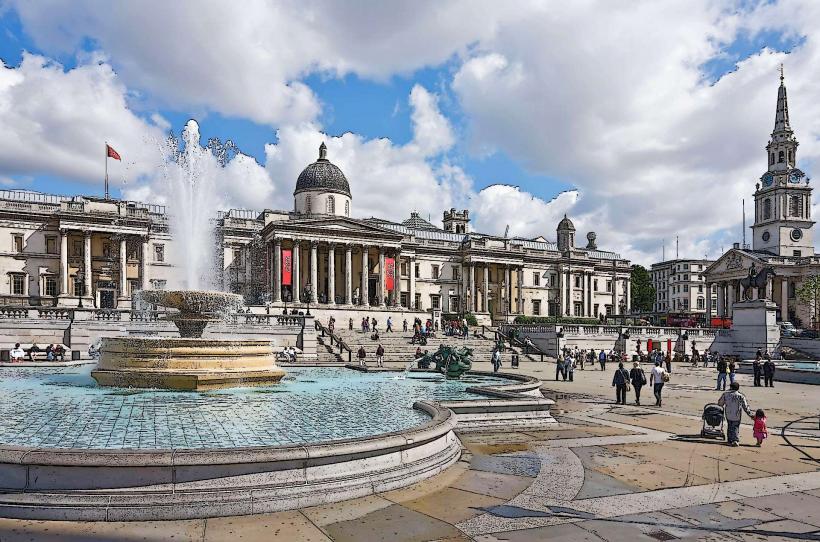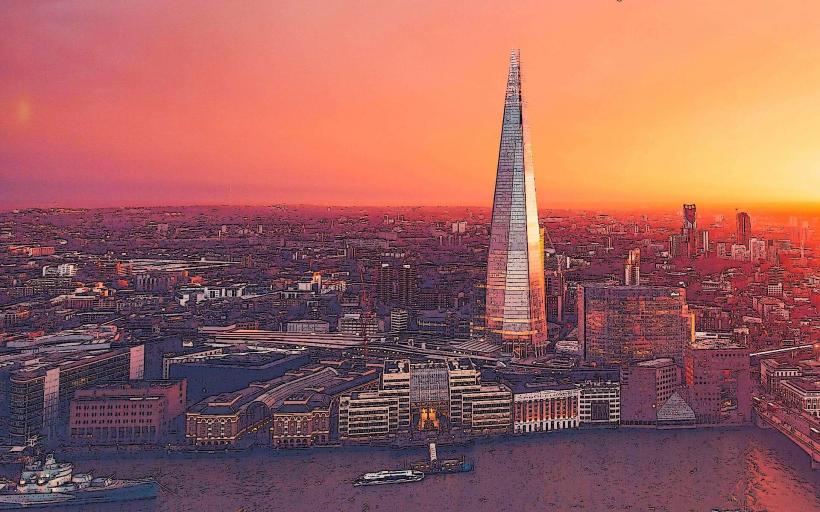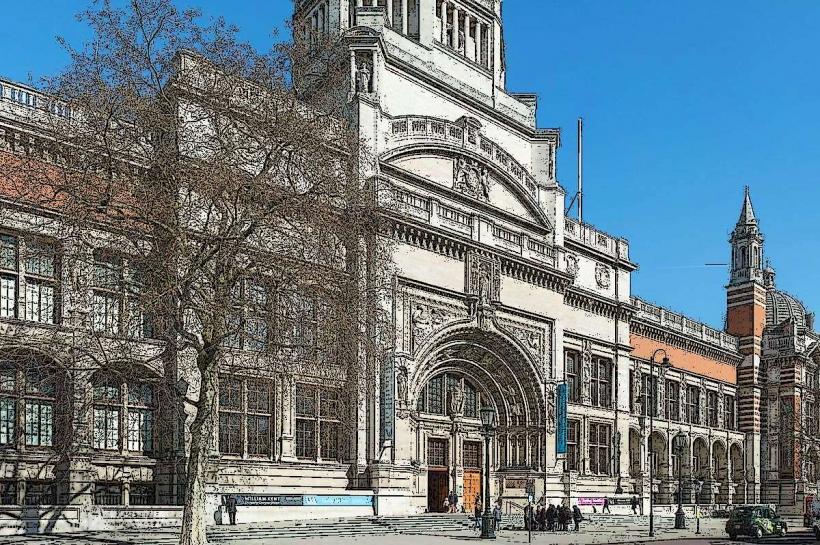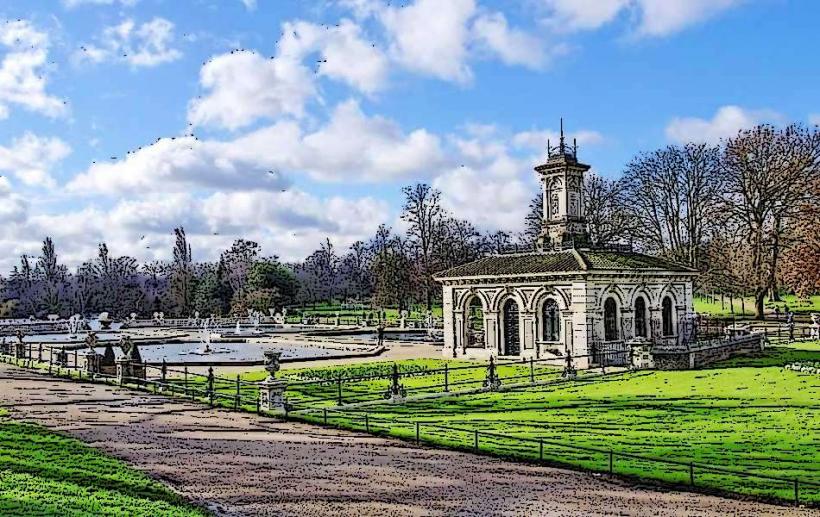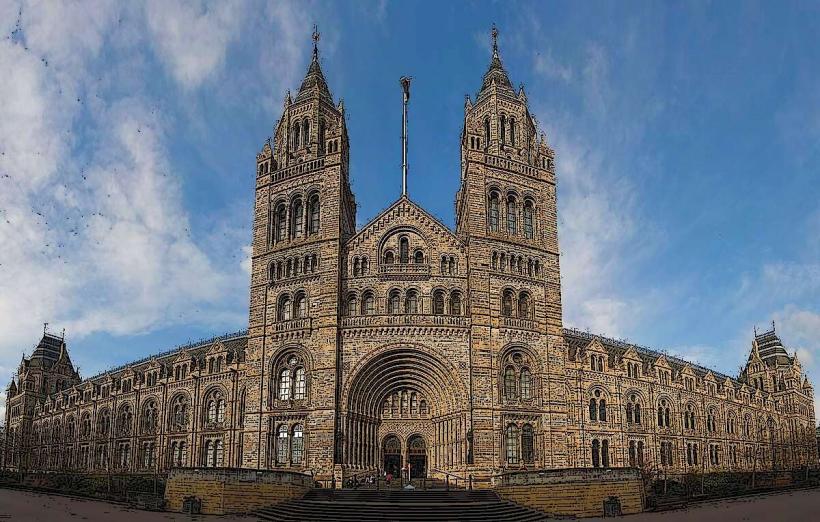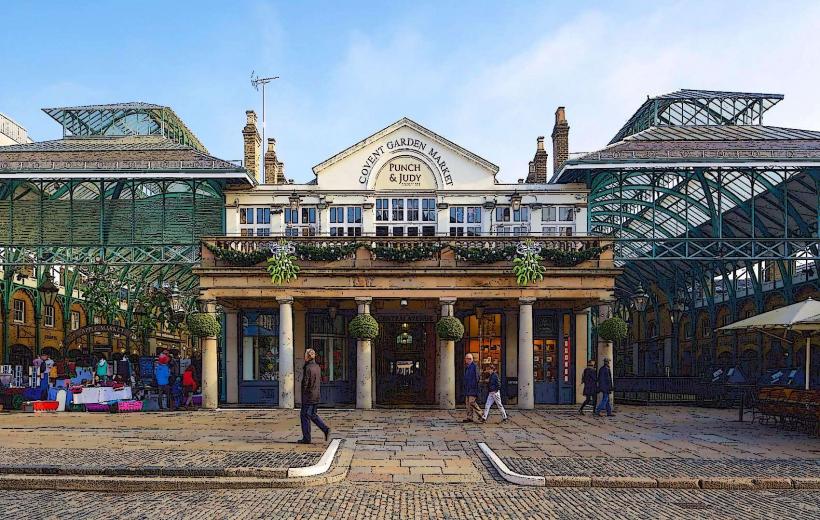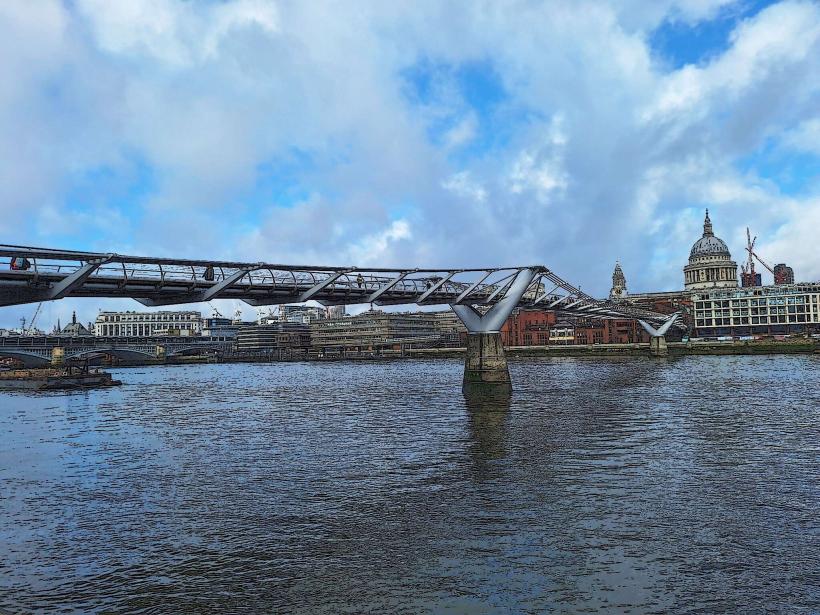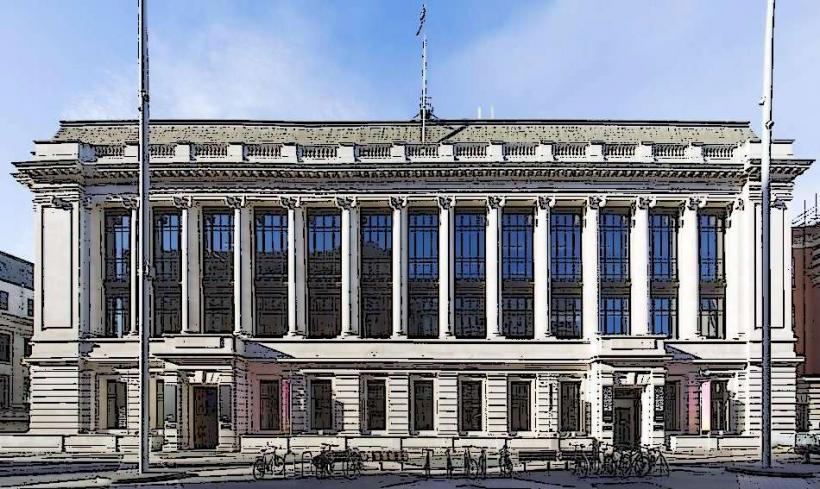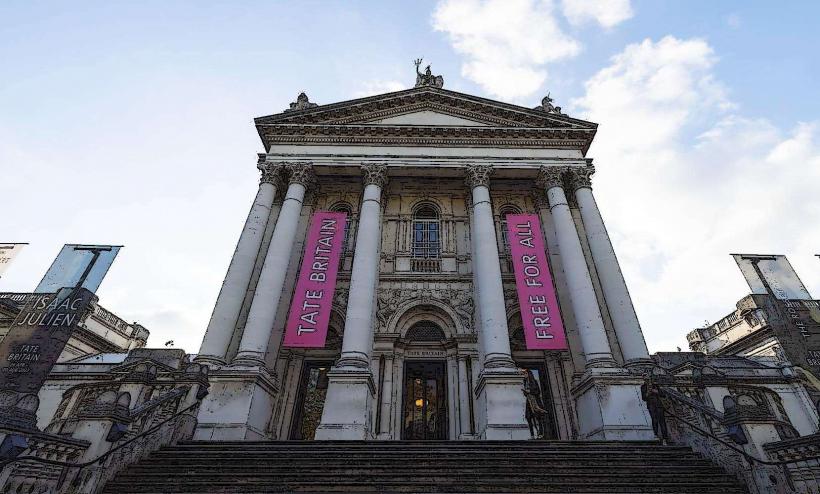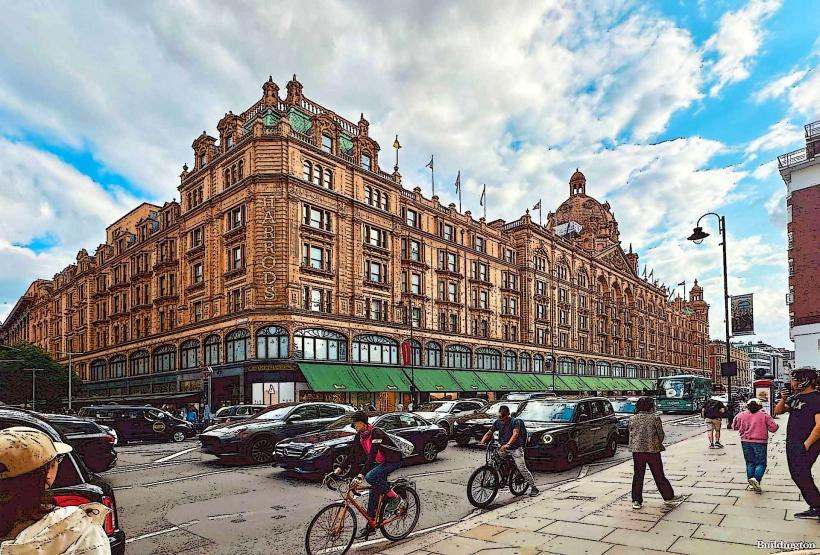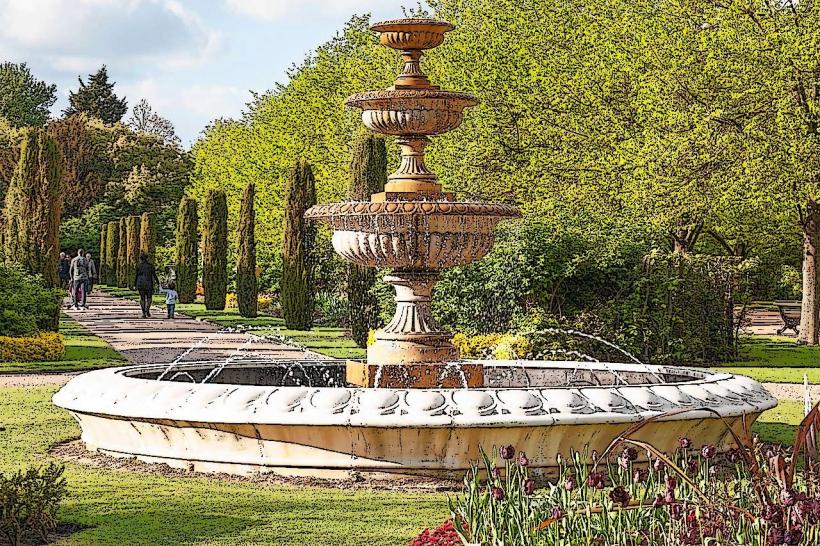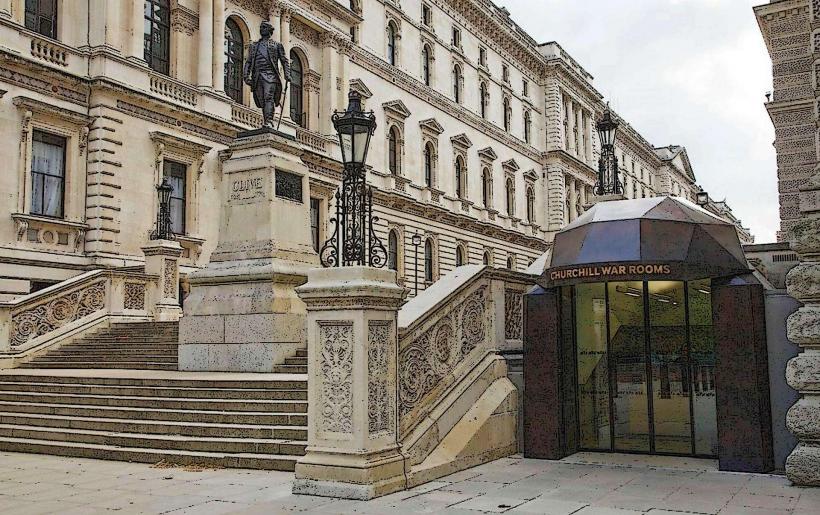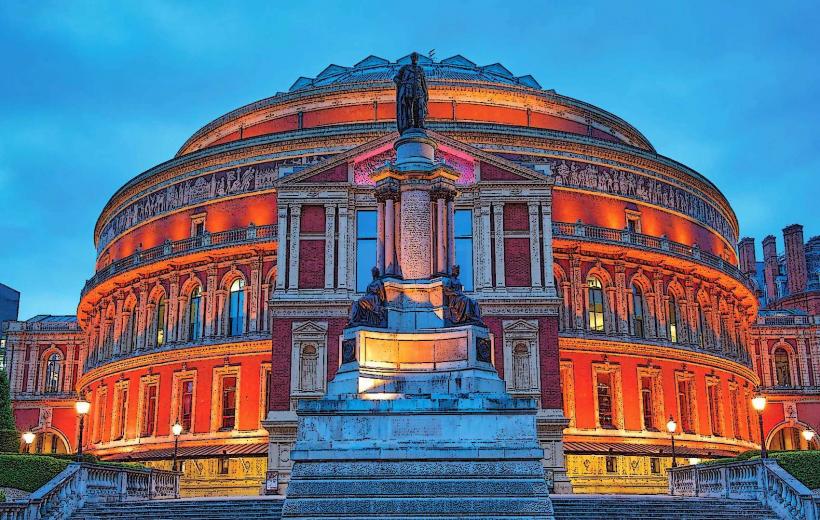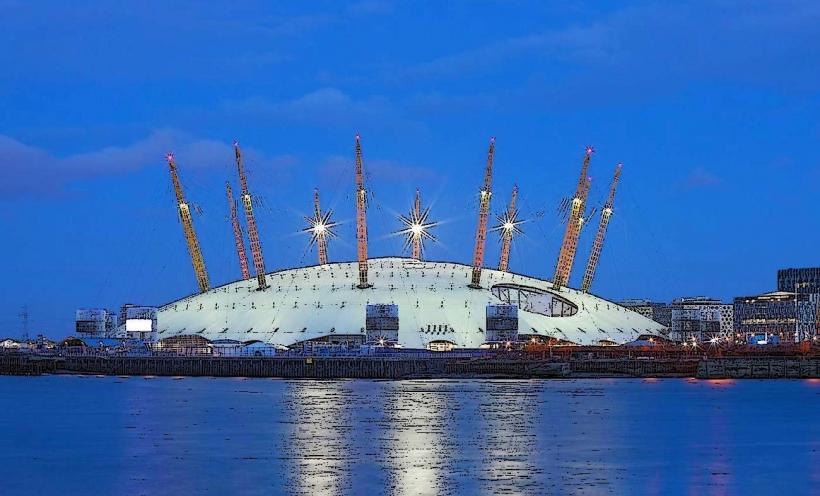Information
City: LondonCountry: United Kingdom
Continent: Europe
London, United Kingdom, Europe
London is the capital of the United Kingdom, situated in southeastern England on the River Thames. It is a global financial, cultural, and political center, characterized by its historical continuity and extreme urban density.
Visual Characteristics
The urban landscape is a juxtaposition of historical periods: Roman foundations, medieval street plans in the City, and Victorian brick terraces. Key visual anchors include the Neo-Gothic Palace of Westminster and the ultra-modern steel-and-glass towers of the City and Canary Wharf, such as The Shard and the "Gherkin." Red double-decker buses and black cabs are defining mobile elements.
Location & Access Logistics
London is the primary transport hub of the UK. It is served by six international airports: Heathrow (LHR), Gatwick (LGW), Stansted (STN), Luton (LTN), London City (LCY), and Southend (SEN). Rail access is via major terminals including St. Pancras International (Eurostar to Paris/Brussels), King's Cross, and Euston. The Transport for London (TfL) network operates the "Tube" (Underground), Overground, and an extensive bus system. Payment is standardized via contactless cards or Oyster. Vehicle access to the center is subject to the Congestion Charge and Ultra Low Emission Zone (ULEZ) fees.
Historical & Ecological Origin
Founded as Londinium by the Romans in 43 CE, the city developed as two distinct centers: the City of London (commerce) and Westminster (government). Geologically, it sits in the London Basin, a tectonic depression filled with Tertiary sediments, primarily London Clay, which facilitated the construction of the deep-tube rail network. The Thames is a tidal river, necessitating the Thames Barrier to protect the city from North Sea storm surges.
Key Highlights & Activities
The British Museum and Victoria and Albert Museum hold globally significant archaeological and design collections. The Tower of London serves as a repository for the Crown Jewels and a monument to Norman fortification. The West End is the primary district for commercial theater. The Tate Modern, housed in a repurposed power station, is a major center for contemporary art. Southbank provides a high-density pedestrian promenade with cultural institutions and the London Eye.
Infrastructure & Amenities
Public restrooms are concentrated in rail stations and major museums; many on-street facilities require a small fee or contactless payment. 5G coverage is universal. The "Santander Cycles" bike-share system operates high-density docking stations throughout Zones 1 and 2. High-speed public Wi-Fi is available in many commercial areas. Retail is concentrated on Oxford Street, Regent Street, and Bond Street. Dining ranges from high-density street food in Borough Market to Michelin-starred establishments in Mayfair.
Best Time to Visit
The climate is temperate oceanic with frequent but light precipitation. May through September provides the most daylight and mildest temperatures ($18^{\circ}\text{C}$ to $25^{\circ}\text{C}$). Peak pedestrian density occurs during school holidays and the December festive period. Photography of the South Bank and Westminster is optimal at sunrise to avoid crowds.
Facts & Legends
London is the first city to have hosted the modern Summer Olympics three times. A local historical oddity: the City of London is a separate ceremonial county and enclave with its own Lord Mayor and police force. Legend holds that if the six resident ravens ever leave the Tower of London, the Kingdom will fall; their wings are clipped to ensure they remain.
Nearby Landmarks
Palace of Westminster / Big Ben: Central hub (Westminster)
The British Museum: 1.5km North of Trafalgar Square
Tower of London: 3.0km East of center
Trafalgar Square: Central geographic point (Charing Cross)
St. Paul’s Cathedral: 2.0km East of center

